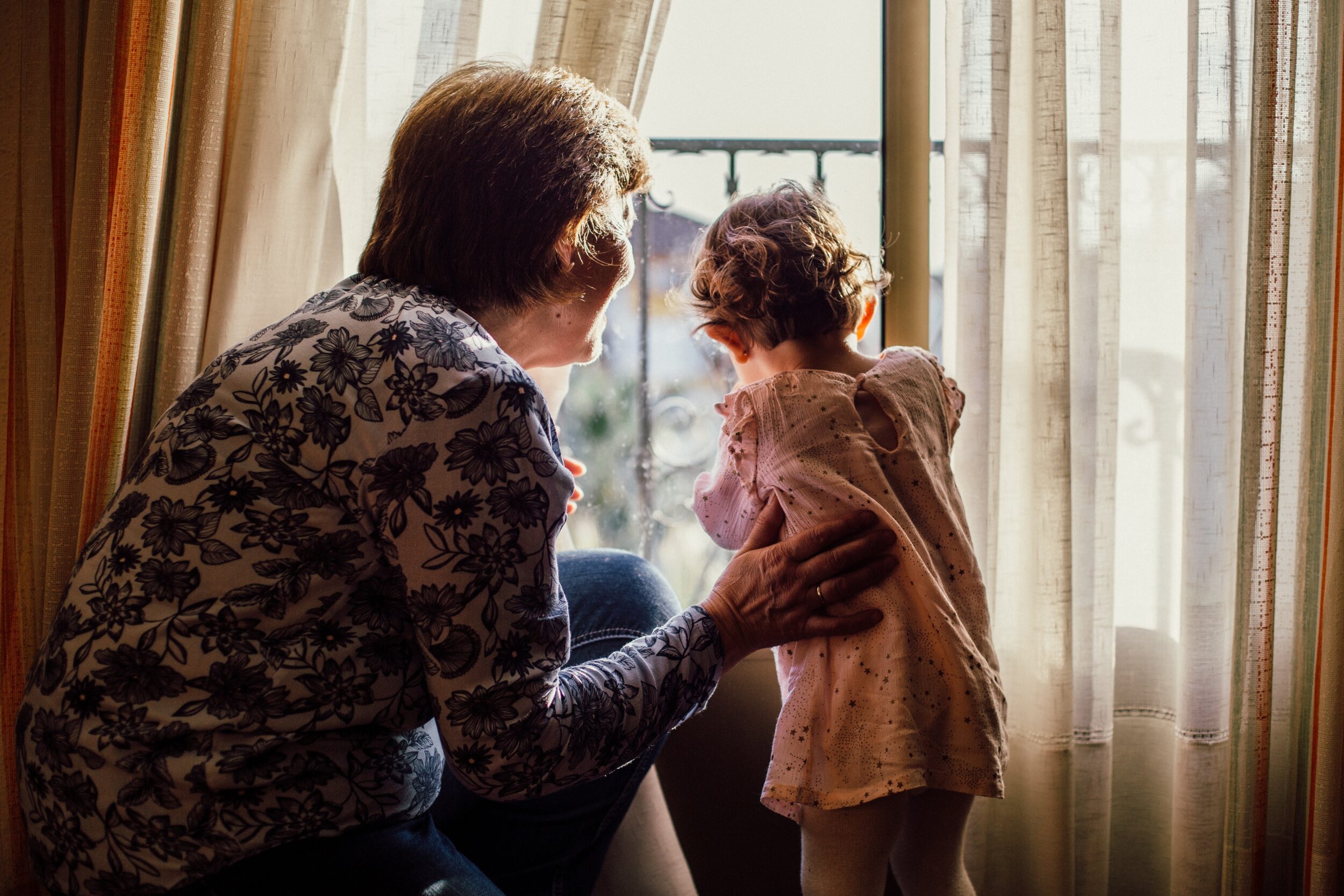You know about maternity, paternity and parental leave, but what about grandparental leave, for these new grandparents who are working later and later? With the increase in retirement age, it is appropriate to ask the question: when is grandparents’ leave due?
In the United States, a handful of companies are already venturing into offering a few days off to new grandparents. But in France the issue seems to have reached an impasse. What is it really? Would it be possible to create leave for grandparents?
The example from across the Atlantic
The American magazine Quartz He recently took stock of American companies that offer specific leave for grandparents. These include the hotel booking site Booking.com, the Federal National Mortgage Association, the IT company Cisco and SentinelOne, a company specializing in cybersecurity.
Americans are working at increasingly older ages, offering this type of leave is now an attractive benefit for older employees. But the format of such leave can take different forms. Some companies therefore offer paid leave, in the event of the birth or adoption of a grandchild, for a period of several days or even several weeks. Others are content to offer flexible hours, with part-time work.
These examples are talked about, but they are still in the minority. And the number of days allotted is not always revolutionary. So, at the Federal National Mortgage Association only one day per year is given to grandparents, at Cisco it is 3 days leave at birth, while Booking is a little more generous by offering 10 days.
France, however, is not far behind on the subject, since already in 2010 the Rhodia stationery shop offered 80% part-time work to those over 50, in exchange for a longer career. It was neither a real leave nor an initiative reserved only for grandparents, but the idea of helping young elderly people find a better balance between work and private life was already there.
A very heteronormative French model
According to Laura Verquere, a researcher in information and communication sciences at the Celsa-Sorbonne University on feminism, gender, parenting and masculinity, grandparental leave is far from being current in France.
“ In the short term, this does not seem possible to me. Just look at the gendered and narrow view of who should care for children when they are born, and what parental leave is called: maternity leave and paternity leave. In other countries, such as Germany or the Nordic countries, the names of these holidays do not have a gender. It is parental leave and parents freely arbitrate its redistribution among themselves. In France, public policies are part of a very heterosexual framework for child care. »
In addition to this heteronormative vision, the urgency is to extend and strengthen parental leave. “ Now that paternity leave has been extended, maternity leave will certainly be reviewed, and parental leave may be shortened, but better paid. Currently only around 2% of men take parental leave. France is therefore more in favor of reevaluating the amounts while remaining within the existing framework, rather than reviewing who takes care of the children when they are born. »
Grandparents’ leave therefore does not appear to be in the home stretch. “ A reflection on carer leave had emerged, the name was interesting, because it indicated a wider field of people who could take care of children when they were born. But this project was not realized.
Family configurations are changing and in the long term it would be desirable to structurally rethink these leaves.. But currently the model still focuses heavily on mothers, given the name is still very oriented towards heteronormative families. Until there is recognition of same-sex families, thinking about extending leave for grandparents seems complicated to me. »
Faced with the American example, Laura Verquere is cautious. “ It’s interesting to see what has emerged in the United States. Even in France, progress often begins with private enterprise before being taken up by public policies. We see this for example with the law on parents [qui a permis l’allongement du congé du second parent]. But I don’t believe much about grandparents, the debates on the concept of family are too narrow, controversial and tense. »
Leave for grandparents: an answer to the lack of childcare services?
In a France where the pension age has just been raised to 64 and where 59% of children under 3 are cared for primarily by parents or another family member (DREES, 2021), a problem may arise.
Due to a lack of childcare resources or economic reasons, many families ask grandparents to take care of their young children. Again according to DREES, Every year, French grandparents dedicate 23 million hours to their grandchildren.
But sometimes grandparents are still working when their grandchildren are born, and this will likely become more common as retirement ages rise. Laura Verquere, however, is not convinced that the pension reform will change the way we think about childcare.
“ However, we note that in urban areas mothers are more isolated during maternity leave than in the countryside, where they are often less distant from their family circle and benefit from greater support and social closeness. » The active presence of grandparents is therefore already uneven depending on the geographical location. “ And this presence also highlights free work, that of anyone who takes part in caring for children. »
Grandparental leave is not necessarily a solution, and perhaps not even desirable, because grandparents have no obligation to care for their grandchildren. But all this shows us that some reflections on the topic must emerge. Including non-heteronormative families, rethinking the place of grandparents, taking into account family members’ free labor in child care are all issues that the government should reflect on in the years to come.
The future of Numerama is coming! But even before that, our colleagues need you. Do you have 3 minutes? Take their survey
Source: Madmoizelle
Mary Crossley is an author at “The Fashion Vibes”. She is a seasoned journalist who is dedicated to delivering the latest news to her readers. With a keen sense of what’s important, Mary covers a wide range of topics, from politics to lifestyle and everything in between.





